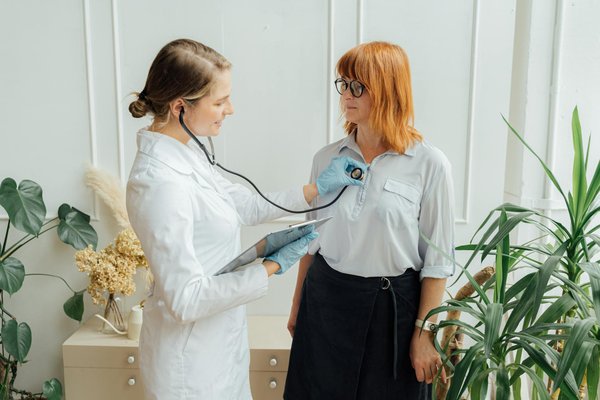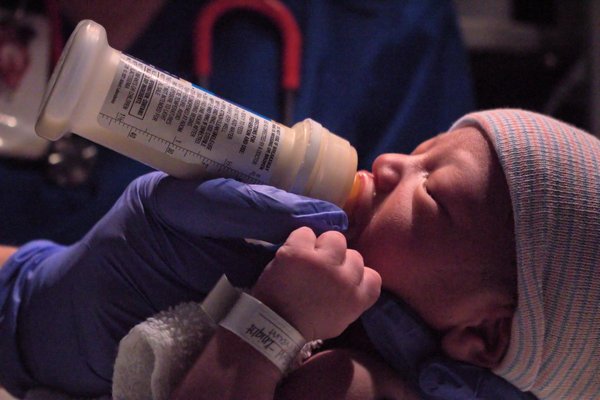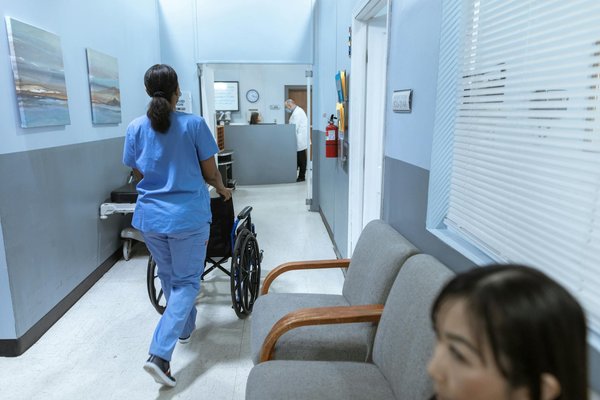📰 Lifecoachphil
Welcome to Lifecoachphil
Your source for Health (EN) insights. Explore our articles and guides.
Our topics
Explore all our Health (EN) content
Disease
Diseases, symptoms and treatments
Health
Health advice and prevention
News
Health and medical news
Pregnancy
Pregnancy, maternity and baby
Professionals
Healthcare professionals
Seniors
Senior health and wellbeing
Slimness
Diets, weight loss and nutrition
Wellness
Wellbeing and life balance
Why Lifecoachphil?
A passionate team dedicated to Health (EN).
- Quality articles
- Practical guides
- Expert insights
- Daily updates

Latest articles
Our recent publications

Smart travel strategies for uk seniors over 60: your guide to long-distance journeys with chronic medications
When it comes to travel planning for seniors, the importance of advanced planning cannot be overstated, especially for long-distance journeys. One key aspect is researching suitabl...

Professionals
Exploring the crucial contribution of forensic psychologists in assessing criminal defendants" mental fitness in the uk

News
Finding peace in nature: how urban residents can alleviate stress through the great outdoors

Health
Exploring the transformative mental health benefits of drama therapy: a comprehensive guide

Pregnancy
Crucial herbal supplements to steer clear of during pregnancy in the uk: an expecting mother"s essential guide

Health
Unlocking brain plasticity: the profound effects of regular meditation on neuroadaptation

Pregnancy
Navigating gestational diabetes: customized nutritional approaches for empowering women in the uk

News
Revolutionizing mental health access: digital solutions for underserved communities

Pregnancy
Supporting women: a guide to uk charities helping with unplanned pregnancies

Health
Discover innovative orthopaedic solutions for lasting comfort

Health
Discover the cardiovascular perks of regular tennis: how hitting the court boosts your heart health

News
Revolutionizing medical training: the future of 3d printed organs and their transformative applications

Wellness
Embracing gratitude: discover the unexpected benefits for your mental well-being

Slimness
Maximize your small uk urban area with this comprehensive guide to creating a flourishing organic vegetable garden

Wellness
Elevate your heart health: uncover the benefits of nordic walking and start your transformation today!

Slimness
The ultimate teen"s blueprint for safe strength training in the uk: a comprehensive guide

Seniors
Finding happiness through connection: how pet therapy benefits seniors with alzheimer's disease

Disease
Enhancing minds: the transformative benefits of animal-assisted therapy for children with autism

Disease
Harnessing nature"s healing: effective herbal solutions to soothe pms discomfort

Disease
Unveiling the long-term effects of bariatric surgery on bone health: essential insights you shouldn"t miss

Health
Enhancing senior joint wellness: the transformative benefits of regular water aerobics

Health
Revolutionizing recovery from spinal cord injuries: unleashing the healing power of aquatic therapy

Health
Unlocking mental wellness: the surprising benefits of fermented foods for your mind

News
Embrace serenity: harnessing essential oils to alleviate public speaking anxiety

News
Enhancing rural healthcare: how health navigation services revolutionize patient outcomes

News
Unlocking serenity: how aromatherapy eases anxiety in cancer patients

Pregnancy
Essential cooling tips for expectant mothers to stay comfortable during the uk heatwave

Pregnancy
Unveiling the most recent uk guidelines for natural labor pain relief strategies

Pregnancy
Your ultimate resource for prenatal iron supplements in the uk: in-depth guidelines for expecting mothers

Professionals